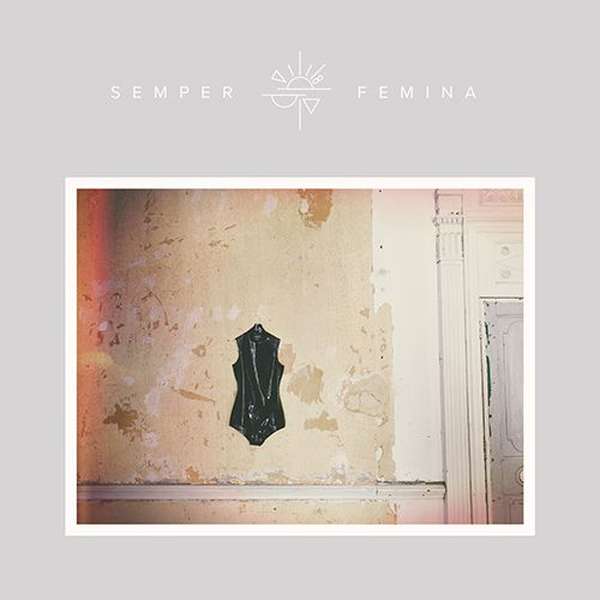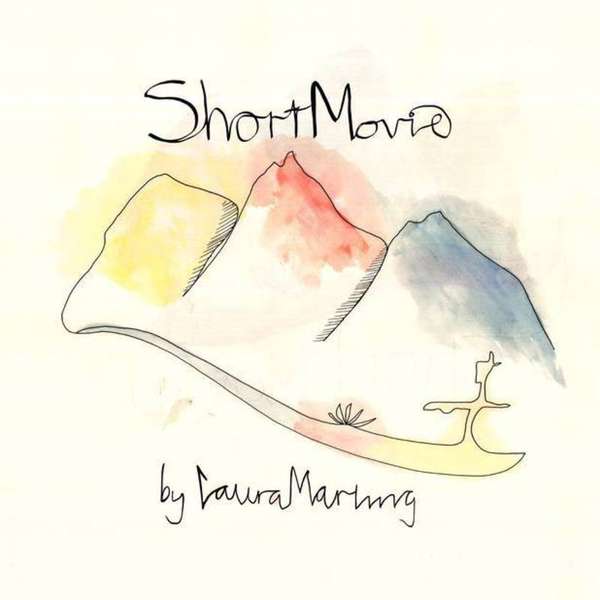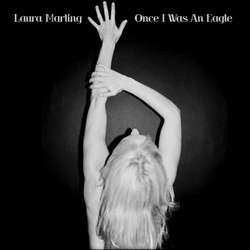Laura Marling was routinely described as being precocious when she first started making her own music as a teenager. She emerged as part of London's early '00s nu-folk scene, alongside the likes of Mumford & Sons and Noah and the Whale, but her music still seemed distinctly different from her peers'. Marling dealt with a preoccupation with death when she was a teenager, which led to regular panic attacks, and she also had to confront stage fright difficulties during her first shows. Her music has never been carefree and breezy, and by Marling's own admission she likes "the idea of speaking only when it's strictly necessary".
When she released her debut album Alas, I Cannot Swim, at the age of 18, it didn't have the cutesy or trepidatious sound that people associated with nu-folk. It contained acoustic songs about deteriorating relationships, night terrors and religious uncertainty. Since the beginning, Marling has always gone beyond what is expected of her.
This precocious talent has blossomed over the course of five albums, exploring themes such as femininity, faith and transience with a sound that over the years has given way to an occasionally American-inflected drawl, presumably picked up by Marling when she lived in LA in 2013. Now on her sixth album, the 27 year old still manages to sound at once commanding and vulnerable.
Semper Femina, named after a quotation from Virgil which is loosely translated to "always a woman", is an intimate look at the female experience from a variety of perspectives. "The Valley" sees Marling inhabit the mind of a man, dourly singing, "I know she stayed in town last night/ Didn't get in touch/ I know she has my number right/ She can't face seeing us" while a flurry of violin strains meld with Marling's Nick Drake-esque guitar picking. "Always This Way" is a winding track that drifts between earthy electric guitar and summery guitar picking, which sees the male protagonist of the song agonise over the failure of a relationship.
"Nouel" changes the dynamics of the traditional view of a muse - a voiceless, opinionless woman who stokes the creative imagination of a male artist. Here Marling writes about her friend Noel, who takes the form of Marling's muse for the song, interspersed with the restrictions that seem to be placed on the women that Marling tussles with on this album: "She'd like to be the kind of free/ Women still can't be alone". This constant search for freedom is a mainstay in Marling's work, and it's easy to see how Marling's back catalogue has led to this point.
On her second album she was somewhat apologetic for having a voice ("I swear it was not my choice/ I used to be so wise"), but became defiant on Once I Was an Eagle and then explored introspective ambivalence on Short Movie. Semper Femina cements a staggering trajectory in Marling's music. Her sound may easily draw comparisons to Joni Mitchell, but her music has always toyed with the role of women in society and Marling's own nuanced interpretations of the world around her. She may have been deemed a precocious teenager in 2006, but she still continues to supersede the work and insightfulness expected of many musicians in their 20s. Semper Femina offers different perspectives of femininity and the perceived roles of women, with a confidence and self-assuredness that propels Marling's work to a state of continuing relevance and astounding talent.



